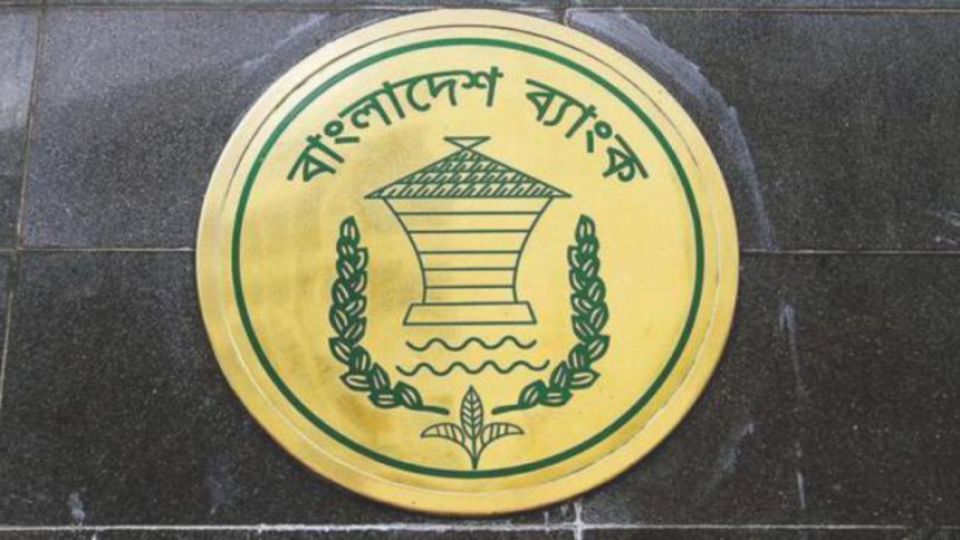June 27, 2022
DHAKA – The Bangladesh Bank yesterday published the updated version of its guideline on environmental and social risk management (ESRM) for banks and financial institutions to help the country attain development goals and address the sustainability agenda in the financial sector.
The central bank released the ESRM guideline in 2017.
“Following the implementation experience of the guidelines, the BB is now issuing its updated version to establish sectoral best practice,” said Fazle Kabir, governor of the central bank, in a message in the guideline.
The ESRM guideline has a bigger focus on social and climatic risks, which are becoming relevant and crucial for Bangladesh.
It has been made comprehensive with a provision for environmental and social due diligence for financing infrastructure projects.
According to the guideline, a third-party environmental and social impact assessment (ESIA) will have to be conducted for financing in all infrastructure projects.
The ESIA will generally be arranged by the client at their own cost and submitted along with the loan application.
The guideline includes an Excel-based Environmental and Social Due Diligence (ESDD) checklist to facilitate the due diligence process. A sector-specific guidance note for 10 vulnerable sectors has been incorporated.
The sectors are textile and apparel, cement, tanning and leather finishing, ceramic tile and sanitary ware, pharmaceuticals, power, fertilizer, pulp and paper, steel re-rolling, and ship-breaking.
The loan categories for which the guideline is applicable are financing for agriculture, cottage, micro, small, and medium enterprises (CMSMEs), retail and trading enterprises, consumer, large manufacturing and service enterprises, and infrastructure segments.
The loan or investment proposal amounting to more than Tk 25 lakh in the agriculture sector is to be complied with the ESDD checklist, the guideline said.
For financing in cottage, micro, retail and trading enterprises, only the exclusion list has to be complied with.
Loan proposals for the environment and socially-sensitive retail and trading enterprises of any amount, including those for chemical or chemical ingredients, highly fire-absorbent products, electronic appliances, combustible oil, paper and dry materials, and plastic items, have to follow the ESDD checklist.
For financing in small enterprises amounting to more than Tk 30 lakh, the proposal has to be complied with the ESDD checklist. It is Tk 50 lakh for medium-sized enterprises.
Besides, financing in large manufacturing and service enterprises must fall in line with the ESDD checklist and the Exclusion List compliance.
The loan applications for infrastructure projects have to be complied with the third-party ESIA in addition to the compliance of the ESDD checklist and Exclusion List.


